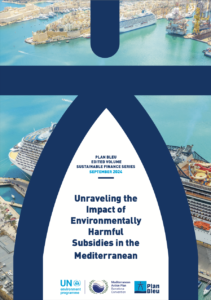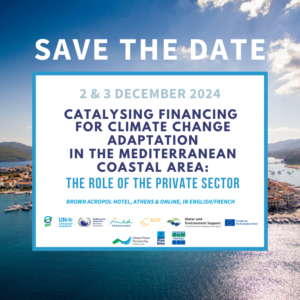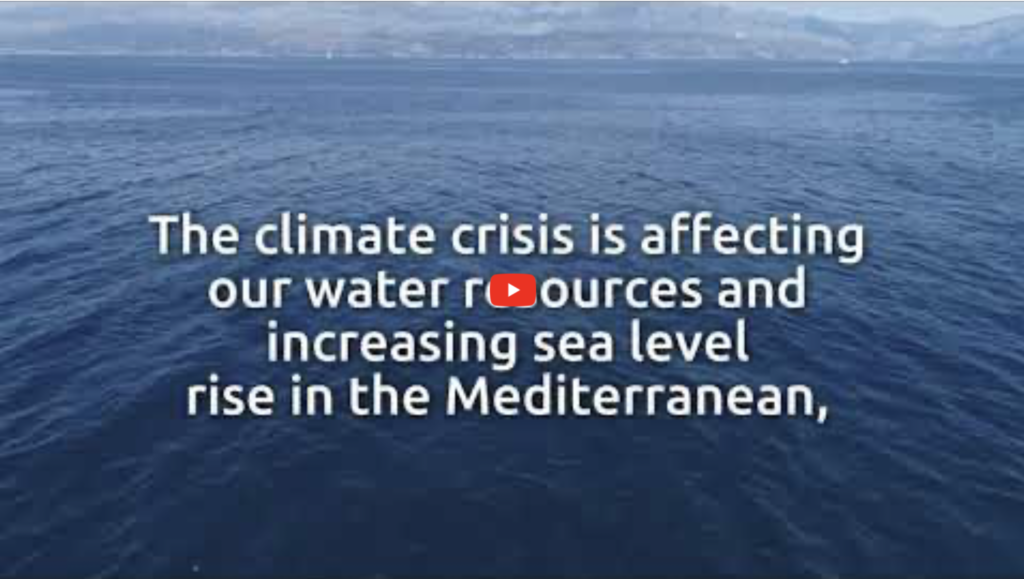On 22 October 2020, Plan Bleu and ETC-UMA co-organised the “Healthy wetlands: Our best natural answer to the biodiversity, water and climate crises: The Mediterranean case” online conference within the framework of the EU Green Week 2020. This open webinar was the first capitalisation event of the Interreg MED Mediterranean Biodiversity Protection Community (MBPC) led by the European Topic Center of the University of Malaga, Spain (ETC-UMA), and benefited from the participation of the POSBEMED2, TUNE UP and WETNET projects of the MBPC during session 2 “Initiatives inspiring and remaining challenges”. It brought together international experts and political representatives from the EU to highlight the current status of wetlands in policy and research, as well as the urgent need for agreements and actions ensuring the protection and sustainable use of wetland habitats. It also showcased European projects’ regional efforts to develop tools and solutions to achieve these objectives in Mediterranean wetlands.
According to Dania Abdul Malak, Director of ETC-UMA and co-author of the EC Science to Policy Report (JRC, 2020), “wetlands are the most degraded ecosystem in Europe”. Moreover:
- Wetlands are in a very poor condition due to the lack of proper definition and classification
- Knowledge gaps on wetlands still exist
- 3. A coherent EU policy framework for wetlands is lacking and urgently needed
Anne Teller (DG Environnement de l’UE) et Florian Claeys (EU DG Climate) indicated that wetlands play a central role in the multiple initiatives of the EU Green Deal as well as in achieving its objectives of climate neutrality, biodiversity, zero pollution, protection against floods and circular economy. To this end, a European definition of wetlands is needed to foster an integrated policy approach in line with the EU Green Deal and create win-win situations from local to European level, as highlighted Tobias Salathé (Principal Advisor to the Ramsar Convention on Wetlands).
En effet, les autorités à tous les niveaux doivent prendre des engagements concrets pour soutenir l’agenda des zones humides en développant des plans de gestion à la fois locaux et nationaux, selon François Guerquin, Directeur du Plan Bleu. De manière générale, Jean Jalbert (Directeur, Tour du Valat) a souligné que les zones humides sont souvent considérées comme des friches, alors qu’elles fournissent en réalité plus de services que tout autre écosystème sur Terre. This fact needs to be better communicated to decision-makers in order to address some of the most pressing issues of our time, such as climate change, water supply, health, food security and disaster risk reduction.
You can find additional information about this eventhere. Les conclusions du webinaire et les principales recommandations sont disponibles en anglais ici.
For more details, contact: [email protected]













